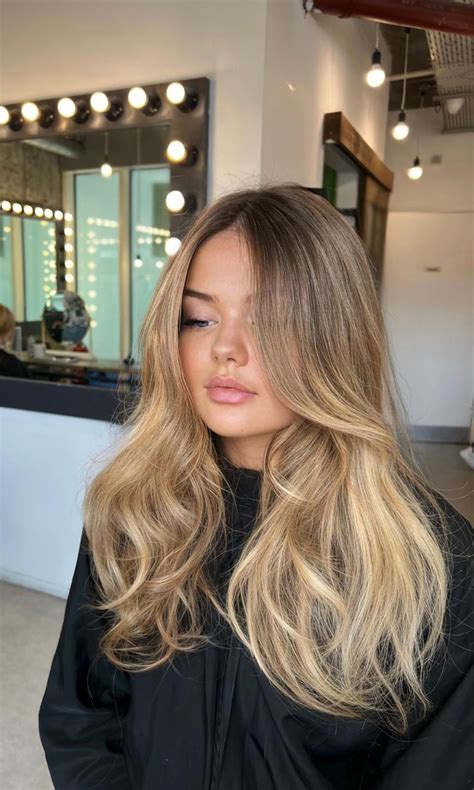Introduction
Balayage and highlights are two of the most popular hair coloring techniques today. They both involve adding lighter streaks of color to your hair, but they do so in different ways. Balayage is a freehand technique that creates a more natural-looking, sun-kissed effect, while highlights are more precise and create a more defined look.

In this guide, we’ll discuss the differences between balayage and highlights, the pros and cons of each technique, and how to choose the right one for you. We’ll also provide tips on how to care for your balayage or highlighted hair.
Balayage vs. Highlights
| Feature | Balayage | Highlights |
|---|---|---|
| Technique | Freehand | Foils or caps |
| Effect | Natural-looking, sun-kissed | Defined, precise |
| Maintenance | Less frequent | More frequent |
| Cost | More expensive | Less expensive |
Pros and Cons of Balayage
Pros:
- Creates a natural-looking, sun-kissed effect
- Less damaging than highlights
- Requires less frequent touch-ups
- Can be customized to your desired look
Cons:
- Can be more expensive than highlights
- Can take longer to achieve desired results
- May not be suitable for all hair types
Pros and Cons of Highlights
Pros:
- Creates a more defined, precise look
- Less expensive than balayage
- Can be used to achieve a wider range of looks
- Can be customized to your desired look
Cons:
- Can be more damaging than balayage
- Requires more frequent touch-ups
- May not be suitable for all hair types
How to Choose the Right Technique for You
The best way to choose the right hair coloring technique for you is to consult with a professional stylist. They can assess your hair type, desired look, and lifestyle to help you make the best decision.
Here are a few things to consider when choosing between balayage and highlights:
- Hair type: Balayage is a good option for all hair types, but it is especially well-suited for fine or thin hair. Highlights can be used on all hair types, but they may be too harsh for fine or thin hair.
- Desired look: Balayage creates a more natural-looking, sun-kissed effect, while highlights create a more defined, precise look. Choose the technique that best suits your desired look.
- Lifestyle: Balayage requires less frequent touch-ups than highlights, so it is a good option for people who don’t have a lot of time for salon appointments. Highlights require more frequent touch-ups, so they are a better option for people who are willing to commit to more salon visits.
How to Care for Balayage or Highlighted Hair
- Use a color-safe shampoo and conditioner.
- Avoid washing your hair too often.
- Use a deep conditioner once a week.
- Get regular trims to remove split ends.
- Protect your hair from the sun with a UV protectant spray.
4 Creative New Applications for Balayage & Highlights:
- Reverse balayage: This technique involves adding darker streaks of color to lighter hair, creating a dimensional and edgy look.
- Sombré: This technique is a combination of balayage and ombré, creating a gradual transition from dark to light.
- Ecaille: This technique mimics the scales of a tortoise shell, creating a multi-tonal look with warm and cool hues.
- Foilayage: This technique combines foil highlights with balayage, creating a blended and dimensional look.
Conclusion
Balayage and highlights are both beautiful hair coloring techniques that can help you achieve your desired look. The best way to choose the right technique for you is to consult with a professional stylist. With proper care, your balayage or highlighted hair can look beautiful and healthy for months to come.
